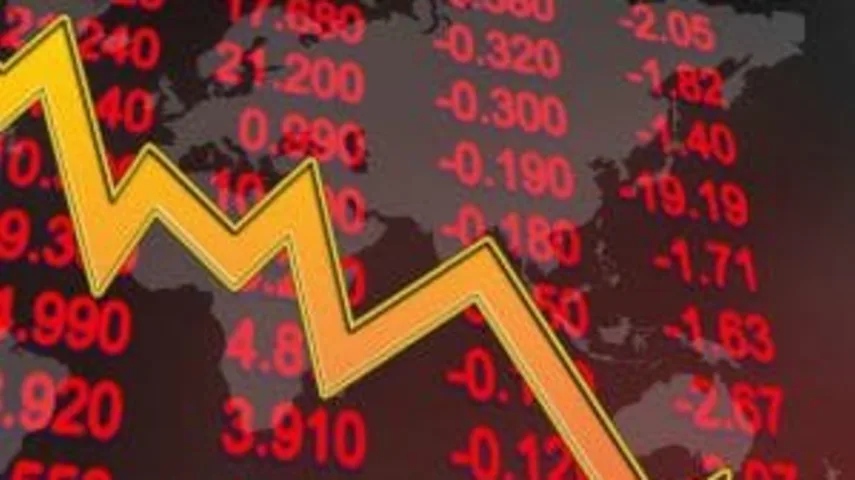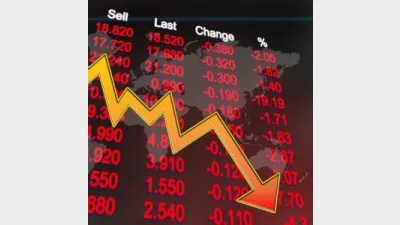Why investors shouldn't fear global recession



Investors shouldn’t fear a global recession, as history suggests it is not unusual for them to earn high single-digit annualised returns in the two years after the start of any downturn.
Inflation had been spiralling, reaching higher than 8% in the US and 5.1% in Australia in recent months which had subsequently led to interest rate rises.
However, Mamdouh Medhat, senior researcher at Dimensional Fund Advisors, had studied economic and market data in the US going back almost 100 years, and said the overwhelming lesson was that long-term investors shouldn’t view an approaching downturn as a sign to sell out.
“Bull markets have far outshined bear markets in terms of duration and performance. So, even if economic conditions deteriorate and markets fall in 2022, investors can still expect a positive return in the future,” he explained.
Since 1926, there had been 15 recessions, 18 bull runs and 17 bear markets in the US. This encompassed periods in which it endured wars, a depression and a pandemic, in addition to economic, political and financial crises.
In 11 of the 15 recessions, stockmarket returns were positive over the next two years. In addition, the potential gains outweighed the losses, with equities delivering average annualised returns of 7.8% in the two years after each recession.
“The reason is, of course, that market prices are forward-looking: by the time economists officially declare a recession (based on recent GDP growth or similar), the market has often long-since reacted,” said Medhat.
“So, while it might be intuitive to link a recession with poor stock returns, the data does not support this intuition.”
While the data is on the side of investors, Medhat accepted that was of little comfort to them at the time of a downturn. The expectation of a recession was just as unsettling, as was evident from the performance of markets this year.
“When combined, talks of a recession and volatile markets can lead investors to question their long-term strategy,” Medhat continued.
“Nonetheless, if you’re considering whether this is the time to move out of equities, you should remember the risk of mistiming your move out of the market and back into it. Most of the time, simply staying invested has rewarded investors.”
Recommended for you
Bell Financial Group has appointed a chief investment officer who joins the firm from Clime Investment Management.
Private markets funds with “unattractive practices” could find themselves facing enforcement activity with ASIC chair Joe Longo stating he cannot rule it out in the future.
Despite ASIC concerns about private credit funds being accessed via the advised channel, there are questions regarding how high its usage actually is among financial advisers.
Challenger has looked to the superannuation industry for its appointment of a group chief investment officer, a newly-created role.









